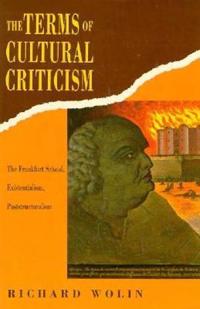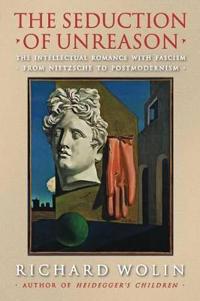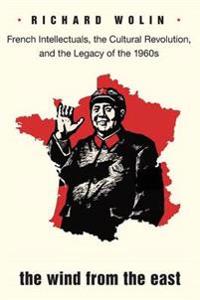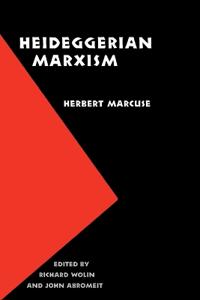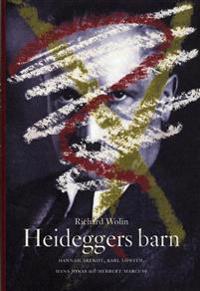The Terms of Cultural Criticism (Häftad)
avRichard Wolin
ISBN: 9780231076654 - UTGIVEN: 1995-04Despite their differences in origin, the three influential schools of twentieth-century continental cultural criticism----the Frankfurt School, existentialism, and poststructuralism----have long been treated as an ensemble and with critical hesitancy. Examining these schools as responses to the appa[...]
Walter Benjamin: An Aesthetic of Redemption (Övrig)
avRichard Wolin
ISBN: 9780520084001 - UTGIVEN: 1994-03-11Few twentieth-century thinkers have proven as influential as Walter Benjamin, the German-Jewish philosopher and cultural and literary critic. Richard Wolin's book remains among the clearest and most insightful introductions to Benjamin's writings, offering a philosophically rich exposition of his co[...]
The Seduction of Unreason (Pocket)
avRichard Wolin
ISBN: 9780691125992 - UTGIVEN: 2006-02Fifteen years ago, revelations about the political misdeeds of Martin Heidegger and Paul de Man sent shock waves throughout European and North American intellectual circles. Ever since, postmodernism has been haunted by the specter of a compromised past. In this intellectual genealogy of the postmod[...]
The Wind from the East (Häftad)
avRichard Wolin
ISBN: 9780691154343 - UTGIVEN: 201203Michel Foucault, Jean-Paul Sartre, Julia Kristeva, Phillipe Sollers, and Jean-Luc Godard. During the 1960s, a who's who of French thinkers, writers, and artists, spurred by China's Cultural Revolution, were seized with a fascination for Maoism. Combining a merciless expos of left-wing political foll[...]
Heideggerian Marxism (Pocket)
avHerbert Marcuse, Richard Wolin, John A. Abromeit
ISBN: 9780803283121 - UTGIVEN: 2005-11Frankfurt School philosopher Herbert Marcuse (1898-1979) studied with Martin Heidegger at Freiburg University from 1928 to 1932 and completed a dissertation on Hegel's theory of historicity under Heidegger's supervision. During these years, Marcuse wrote a number of provocative philosophical essays [...]
Heideggers barn - Hannah Arendt, Karl Löwith, Hans Jonas och Herbert Marcus (Inbunden)
avRichard Wolin
ISBN: 9789157804303 - UTGIVEN: 200301

